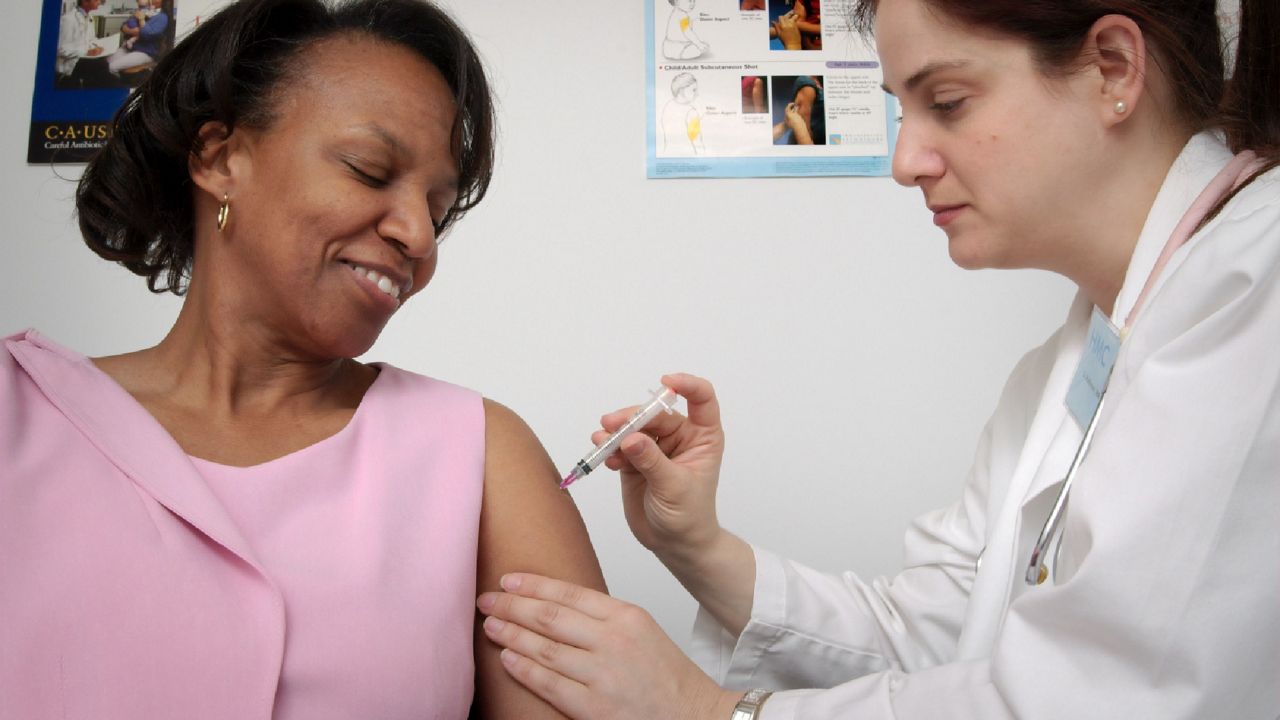AUSTIN, Texas — Texas added millions to the Medicaid rolls during the COVID-19 pandemic. Now everyone who qualified for that coverage must re-apply or risk losing Medicaid coverage altogether, as of April 1.
This process — ending continuous Medicaid coverage offered during the pandemic and returning to normal Medicaid operations — is known as the “unwinding” of Medicaid. During the COVID-19 pandemic, deemed a public health emergency, everyone who qualified for Medicaid had continuous coverage without the regular income checks that enrollment in the Texas Medicaid system required.
The federal government covered that cost during the pandemic. The Texas Medicaid caseload grew from 3.8 million to 5.4 million between March 2020 and May 2022, according to state health officials. States were given up to a year to transition people out of Medicaid; Texas wants to have that work done by April 1.
“For the past year, we have been calling on the Governor and state leaders to fix the delays in the state’s eligibility system and to take a more orderly approach to renewing kids’ health coverage after the health emergency, like other states are doing,” said Patrick Bresette, executive director of the Children’s Defense Fund — Texas. “Unfortunately, state leaders decided on a plan that will cram 2.7 million renewals into six months, likely leaving thousands of eligible kids uninsured in the chaos.”
That has health care advocates who help people enroll in Medicaid — groups like Texans Care for Children, Children’s Defense Fund and Every Texan — in a panic.
“CMS is giving states up to 12 months to unwind their programs,” said Adrienne Lloyd, the health policy manager at the Children’s Defense Fund. “Unfortunately, Texas is taking about half of that time to reach an estimated 2.7 million people. That’s a ton of people in short succession.”
The Health & Human Services Commission estimates there are 2.7 million Texans who could be affected and could fall out of the system: mothers-to-be who picked up Medicaid coverage but are no longer pregnant; children who may have aged out of the state’s children’s insurance program; and those people who can’t be reached by the agency because of a change in address.
“After nearly three years, families are rusty at completing the renewal process, and many families have moved to a new home,” said Stacey Pogue, senior policy analyst at Every Texan, in a news release on the issue. “We need all hands on deck to make sure Texans know how to update their addresses with the state and renew their health coverage.”
The 2.7 million number is the number of people the Medicaid program needs to reach. An Urban Institute study released last fall shows up to 1.3 million Texans might have to be de-enrolled from the Texas Medicaid system because they now make too much money. To qualify for Medicaid, a family of four cannot make more than $54,945, before taxes. One person, living alone, can make no more than $26,909.
Many of the children in these families will qualify for the state’s Children’s Health Insurance Program, known as CHIP, Lloyd said. Some who make too much for Medicaid will find health insurance options via the federal health insurance marketplace. Others will have fewer options.
“People who make too much for Medicaid and too little to be eligible for the marketplace on Healthcare.gov will find themselves in no-man's-land with no affordable health coverage options in Texas’ Medicaid coverage gap,” Lloyd said.
Texas is one of 11 states that has declined to expand access to Medicaid, the cost of which would be split between the state and the federal government. The uninsured rate in five states that have declined to expand Medicaid — Florida, Georgia, Oklahoma, Texas and Wyoming — is 12% or greater. Texas has 18% of its residents without health insurance, which leads the nation.
In 2021, the uninsured rate was an average of 6.6% in states that expanded Medicaid, according to the U.S. Census. The uninsured rate in non-expansion states was 12.7%.
These are the points that health care advocates want families in the Texas Medicaid program to know:
We want to make sure families affected have the information they need – here’s what they need to know:
- Check to make sure Texas Medicaid has your contact information on file correctly.
- Everyone needs to renew Medicaid. Respond promptly when you receive your notice in the mail, so you don’t lose Medicaid. Once you receive your notice, you can renew through YourTexasBenefits.com, by visiting an HHSC benefit office, working with a Community Partner, or calling 2-1-1.
- If you turned 19 during the pandemic or had Medicaid for your pregnancy but are no longer pregnant, we encourage you to look for other affordable health insurance options now, such as through Healthcare.Gov, which is open through January 15.
- Congress has reduced the price of insurance on HealthCare.Gov, with four out of five shoppers now qualifying for health insurance for less than $10 per month.
- Children who may be over the income limit for Medicaid may still get low-cost insurance through CHIP.



